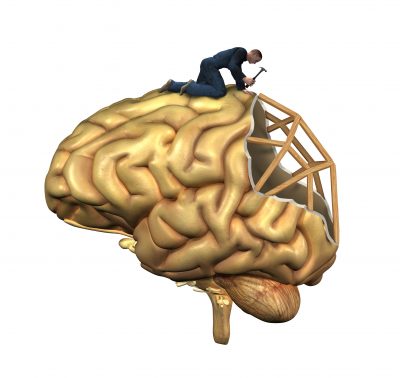Have you Heard of Dementia Friendly Purple Table Reservations?
I just learned about the Purple Table Reservations program and was beyond excited to learn and share with my readers.
Posts about:

I just learned about the Purple Table Reservations program and was beyond excited to learn and share with my readers.

Walking in the shoes of someone living with dementia is challenging at best, especially since every person, like shoes - is different! There is an urgent need to help professional and family caregivers communicate and respond to the needs of their care partners. A walk in their shoes is a powerful and very needed training and education tool to help others develop understanding, empathy and improve care.

Empathetic listening is defined as a method via which you can prevent or manage disruptive or challenging behaviors. Caregivers can benefit from practicing empathetic listening, especially with people living with dementia. The result will be improved communications and reduced stress for both care partners.

Having just returned from Australia, I'll be devoting several upcoming blogs to my research and fact finding with how Australia is advancing in aging and dementia care, as well as dementia and age friendly best practices. I found their award wages for aged care workers to be one significant difference from the US and worthy of discussion.

We all like to think that have compassion for others don't we? After all, we give care, so we must have empathy. Is there a difference between caring and true compassion?

(Society for Neuroscience) The discovery that the human brain can produce new cells in adulthood offers just one example of how adaptable the brain is throughout life. With this knowledge, researchers are investigating how normal aging as well as neurodegenerative diseases like Alzheimer’s disease affect that adaptability, and how we can maintain healthy brain function as our brains age. So what is neuroplasticity?

Responding to challenging behavior for people living with dementia is often the greatest triggers of stress, helplessness and frustration for professional and family caregivers. Learning to be an effective dementia care detective incorporates knowledge of behavioral expression and having effective tools to respond, reassure and comfort.